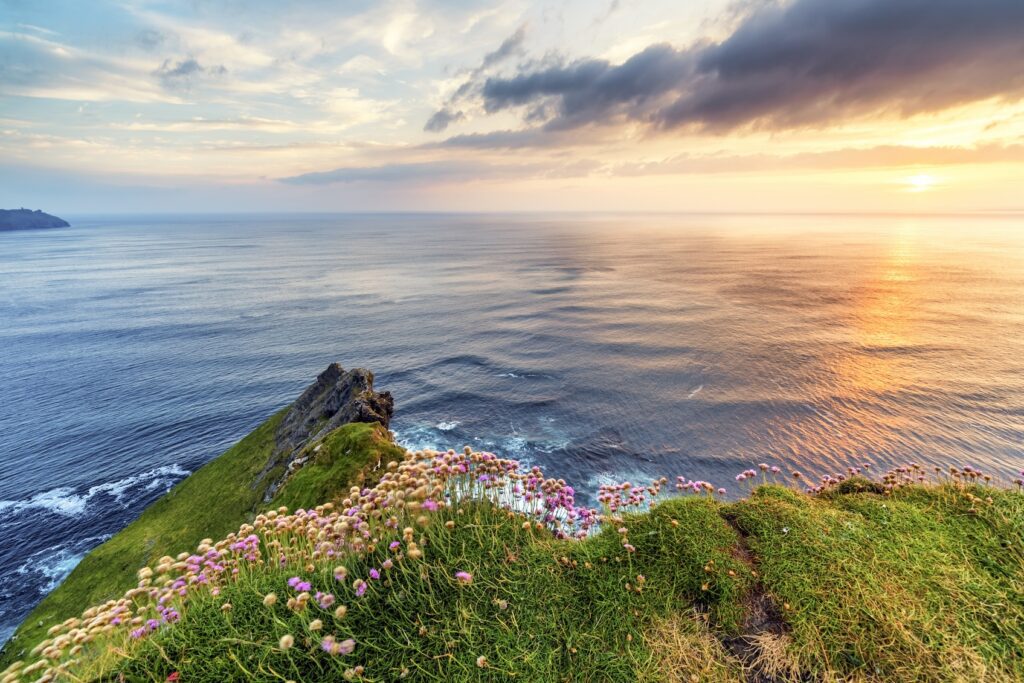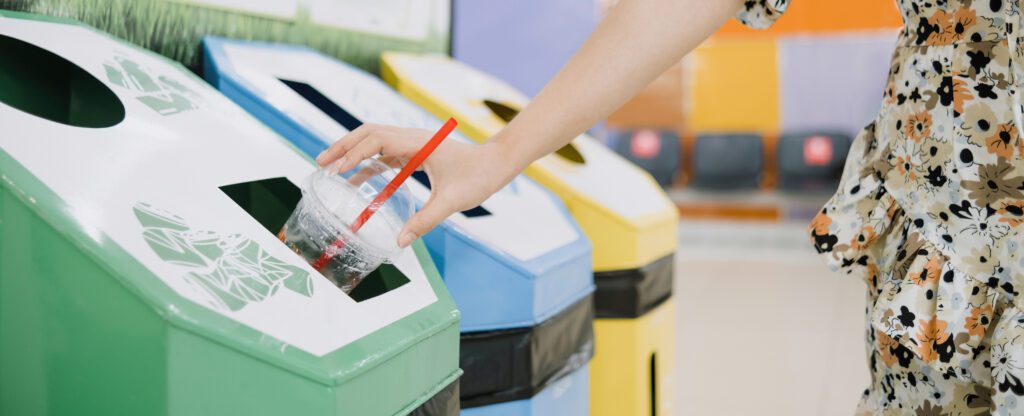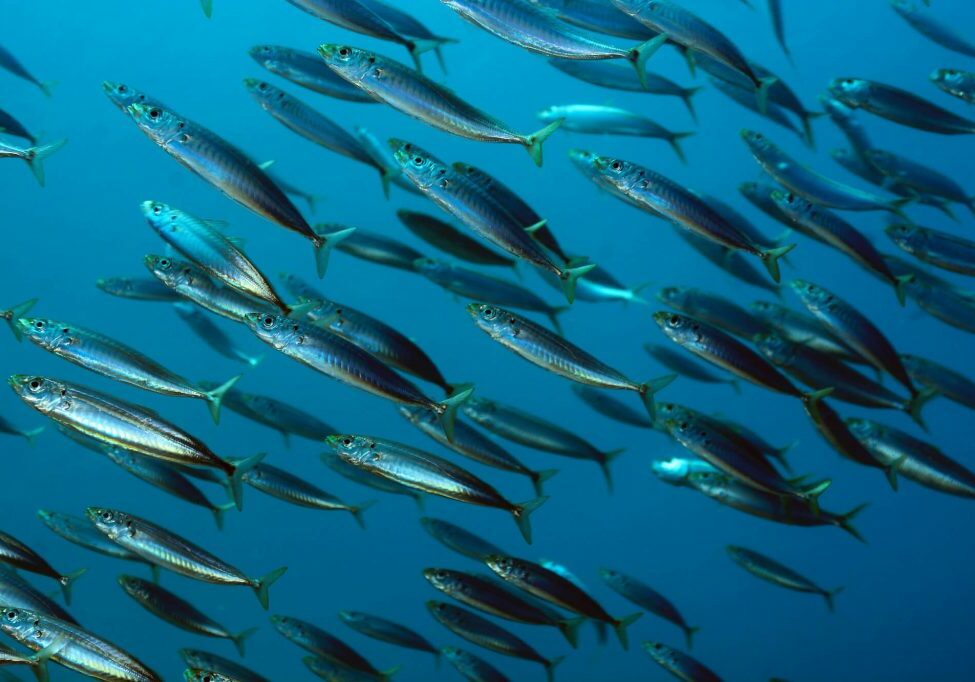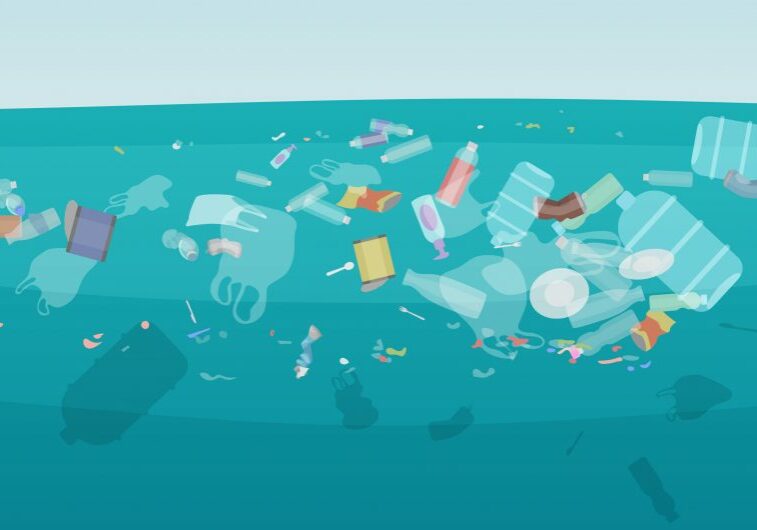Monitoring turtle nesting sites and tackling the illegal wildlife trade are among the activities being carried out by teams of volunteers in Fiji, helping to protect five species of turtle.
Your support enabled us to provide training, which included learning how to find nests, identify different species of turtle and collect reliable scientific data.
The training also covered topics such as the illegal trade in turtle shells and other parts, as well as essential safety information – volunteers will be travelling across open ocean in small boats to reach remote nesting sites, so this is really important.
The latest recruits join a network of community volunteers, called Dau ni Vonu, who work across Fiji to protect turtles. Volunteers play a crucial role in monitoring and protecting nesting beaches, raising awareness about turtle conservation, and tackling the threats these rare reptiles face.
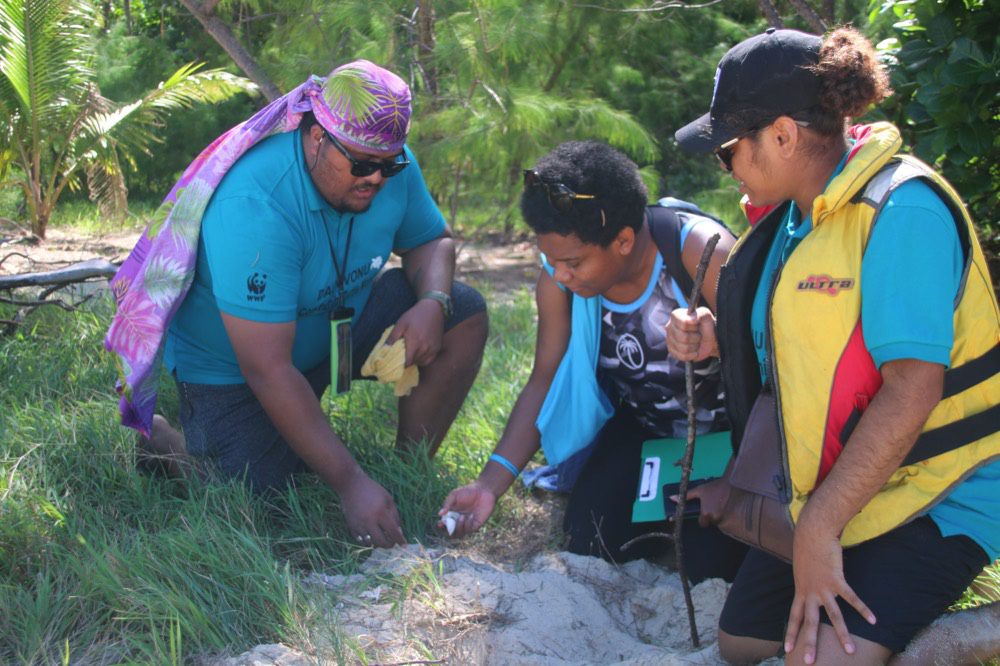
© WWF-PACIFIC
Five of the world’s seven species of marine turtle are found in the waters around Fiji. While they’re magnificent creatures in their own right, these ancient reptiles also play a key role in marine ecosystems. Hawksbill turtles, for example, help to protect coral reefs by eating sea sponges, which would otherwise crowd out all-important reef-building corals.
Leatherback turtles do a similarly valuable job by chomping up jellyfish, which could otherwise deplete fish stocks.
But today, marine turtles are under greater pressure than at any point in their 100-million-year existence. These ancient mariners face a wide range of human-made hazards – from climate change, plastic pollution and the loss of nesting beaches, to being accidentally caught in fishing gear or deliberately killed for their meat and shells.
Help stop the turtle trade
You can help to reduce demand for tortoiseshell by using the See Shell app to tell the difference between real shell and imitations.
By monitoring and protecting turtle nesting sites, our volunteers in Fiji are helping ensure their future survival. Turtles lay about 110 eggs in a nest, but only one in 1,000 hatchlings makes it to adulthood, so it’s vital that we give them the best chance possible.
Encouragingly, the number of nests and successful hatchlings has been increasing in the areas where our volunteers work.
Volunteers are also helping to tackle illegal harvesting and trade in turtles by raising awareness of the law among local communities and monitoring local markets.
Although international trade was banned in 1977, there’s a growing black market for tortoiseshell products made from marine turtle shells – particularly the beautiful shells of the critically endangered hawksbill turtle. Turtle meat and eggs are eaten too, putting increasing pressure on threatened populations.
Adopt a turtle
We’re really grateful to you for helping us to protect marine turtles. If you’d like to do more to support our work in Fiji, why not adopt a turtle?
“Working to bring nature back is a powerful act”
On the whale trail in the Southern Ocean
Recycling right – how to prevent plastic pollution
More to explore
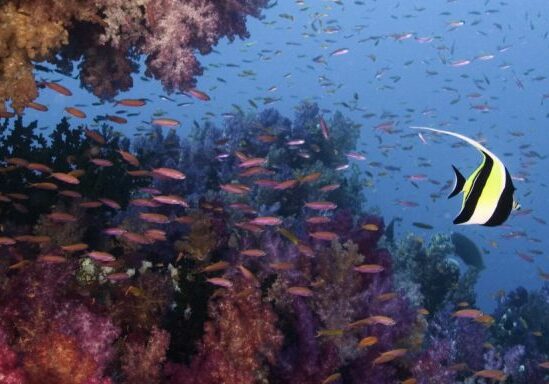
Reef Rescue
We’ve identified resilient coral reefs that could survive climate change. It’s a big breakthrough, as these vital habitats are disappearing fast
